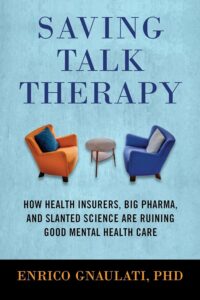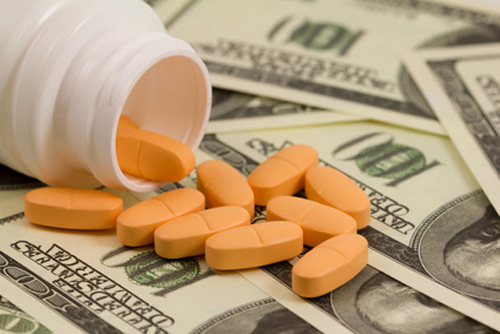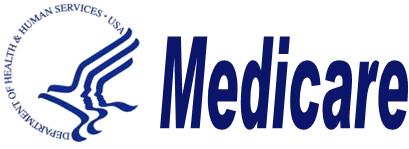By JONATHAN D. ROCKOFF and ED SILVERMAN WSJ
April 26, 2015 9:00 p.m. ET
On Feb. 10, Valeant Pharmaceuticals International Inc. bought the rights to a pair of life-saving heart drugs. The same day, their list prices rose by 525% and 212%.
Neither of the drugs, Nitropress or Isuprel, was improved as a result of costly investment in lab work and human testing, Valeant said. Nor was manufacture of the medicines shifted to an expensive new plant. The big change: the drugs’ ownership.
“Our duty is to our shareholders and to maximize the value” of the products that Valeant sells, said Laurie Little, a company spokeswoman. “Sometimes pricing comes into it, sometimes volume comes into it.”
More pharmaceutical companies are buying drugs that they see as undervalued, then raising the prices. It is one of a number of industry tactics, along with companies regularly upping the prices of their own older medicines and launching new treatments at once unheard of sums, driving up the cost of drugs.


